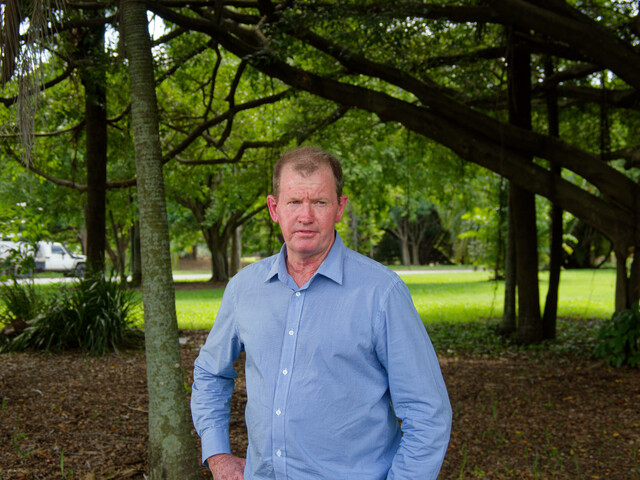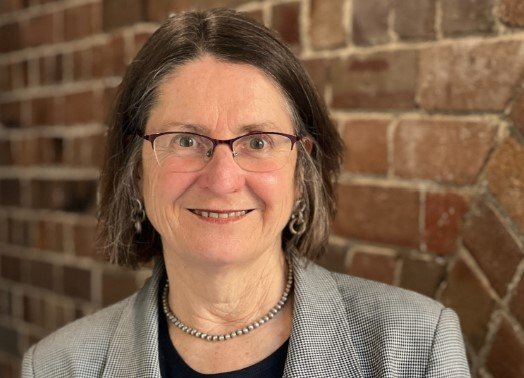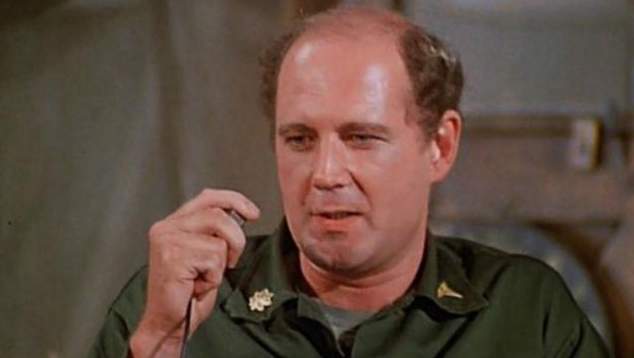
Mirani MP Dexter W. Smith has publicly accused the developers of the Moah Creek Wind Farm of employing coercive tactics in their negotiations with local landholders. In a recent address, Smith alleged that Central Queensland Power and its project partner CleanCo have engaged in what he termed “bullying” behavior to secure land for their renewable energy project, raising concerns among the community.
The accusations come as the Queensland government promotes its commitment to increasing the state’s renewable energy output. Smith’s statements reflect deep-rooted tensions between local residents and renewable energy developers, who are often seen as prioritizing corporate interests over community rights. The MP voiced strong opposition to the wind farm’s expansion plans, claiming that many landholders feel pressured to comply with the developers’ demands.
In response to these claims, both Central Queensland Power and CleanCo have issued statements defending their practices. They assert that all negotiations have been conducted transparently and in accordance with legal requirements. A spokesperson for CleanCo emphasized their dedication to engaging with local communities, stating, “We aim to create mutually beneficial arrangements that contribute to the state’s energy goals while respecting landowner rights.”
The Moah Creek Wind Farm project, located in Queensland, is part of a broader initiative to shift towards renewable energy sources, with the Australian government setting targets for reducing carbon emissions. As of now, the project has received considerable investment, but claims of coercive tactics may hinder future developments and community relations.
Smith’s allegations have sparked a larger debate about the balance between renewable energy development and the rights of landholders. As Australia moves closer to its renewable energy targets, the outcomes of these disputes could significantly impact how projects are implemented in the region.
As local stakeholders continue to voice their concerns, the government will need to ensure that all parties are treated fairly in the transition towards a more sustainable energy future. The outcome of this situation remains to be seen, but it highlights the challenges that often arise in the intersection of local interests and national energy policies.
Community meetings are expected to take place in the coming weeks, where residents can express their concerns directly to the developers. Both Central Queensland Power and CleanCo have expressed willingness to participate in these discussions, aiming to rebuild trust and collaboration with the local community.






